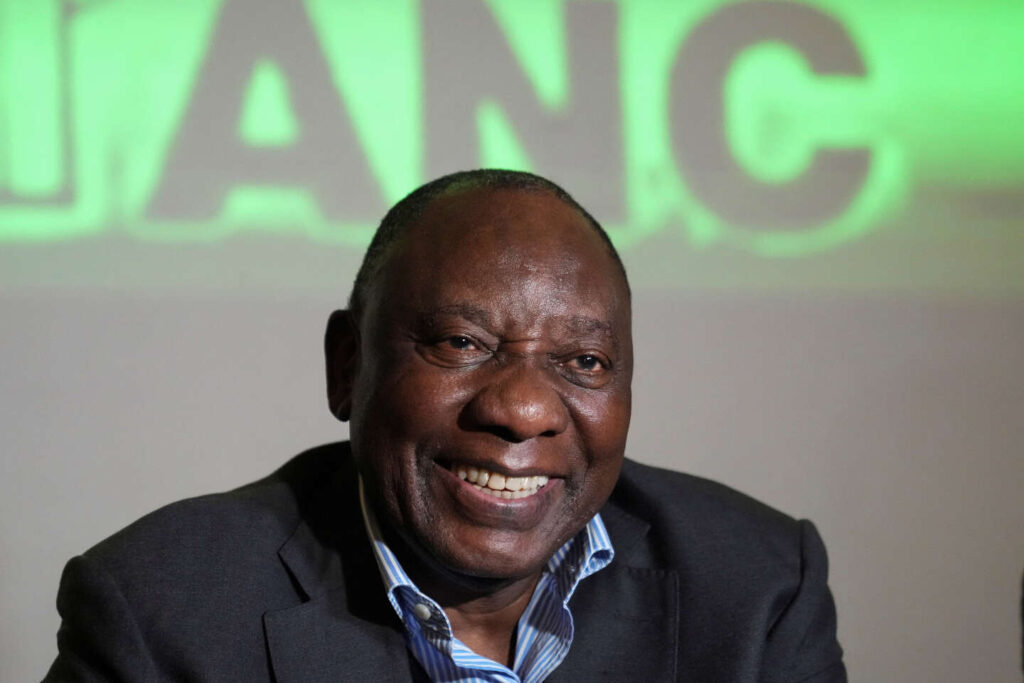South African President Cyril Ramaphosa Announces New National Unity Government Amidst Challenging Times
In a historic move, South African President Cyril Ramaphosa has unveiled a new government structured through a coalition, following the African National Congress’s (ANC) failure to secure an outright parliamentary majority in the recent general elections. The announcement was made during a special African National Congress (ANC) National Executive Committee (NEC) meeting held in Cape Town on June 13, 2024.
For full details, visit ANC’s official website.
A Government of National Unity
On Sunday, June 30th, Ramaphosa addressed the nation in a televised speech from Pretoria, revealing his newly formed government. The incoming cabinet comprises 32 portfolios, with the ANC maintaining control of 20 key ministries, such as Foreign Affairs, Finance, Defense, Justice, and Police. Ramaphosa emphasized that the new coalition government, described as "unprecedented in the history of our democracy," is committed to fostering rapid, inclusive, and sustainable economic growth.
The coalition negotiations were intricate and sometimes contentious, reflecting the ANC’s changed political landscape. This new formation, heralded as a Government of National Unity (GNU), seeks to prioritize economic inclusivity, poverty alleviation, and unemployment reduction.
Coalition Dynamics
The Democratic Alliance (DA), the largest coalition partner, secured six portfolios, including Home Affairs, Environment, and Public Works. John Steenhuisen, the 48-year-old leader of the DA, was appointed as Minister of Agriculture.
The Inkatha Freedom Party (IFP) and several smaller parties, who were also part of the coalition, received a combined total of six portfolios, including Land Reform, Correctional Services, Sports, Tourism, and Public Service.
"This coalition government is designed to ensure that all parties can participate meaningfully in both the national executive and various parliamentary positions," said Ramaphosa.
Context and Challenges
The ANC’s slip from an outright majority is set against a backdrop of numerous national crises, including rampant violent crime, a flagging economy, and a debilitating energy crisis.
The ANC secured 40% of the vote with 159 parliamentary seats, while the Democratic Alliance won 22% of the popular vote, earning 87 seats. The negotiation period preceding the coalition government announcement was marked by intense and sometimes acrimonious discussions, particularly concerning key cabinet positions.
The new party on the block, uMkhonto weSizwe (MK), founded by former president Jacob Zuma, won more than 14% of the votes. Despite its significant electoral win, the MK party chose not to join the coalition, labeling the ANC-DA alliance as a "white-led unholy alliance."
Historical Context
This is only the second time South Africa has opted for a national unity government. The first instance was at the end of apartheid, during the democratic transition overseen by Nelson Mandela and former government leader FW de Klerk acting as executive deputy presidents.
The transition to the Government of National Unity highlights the dynamic nature of South African politics, emphasizing the need for cooperative governance amidst the evolving political and socio-economic landscape.
